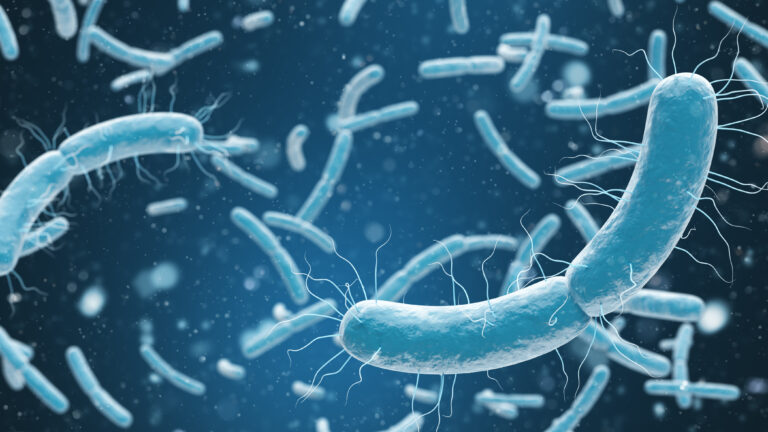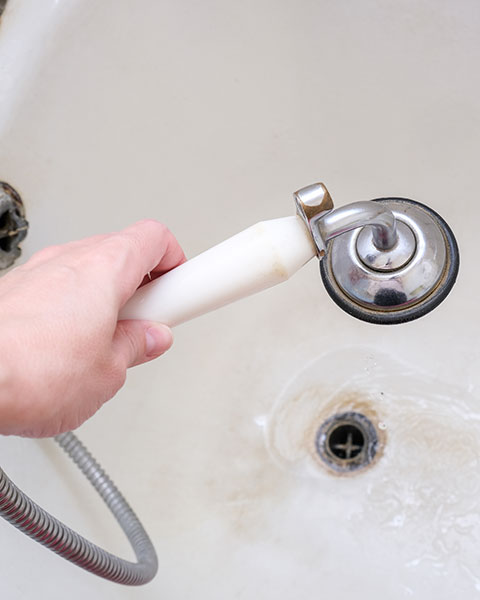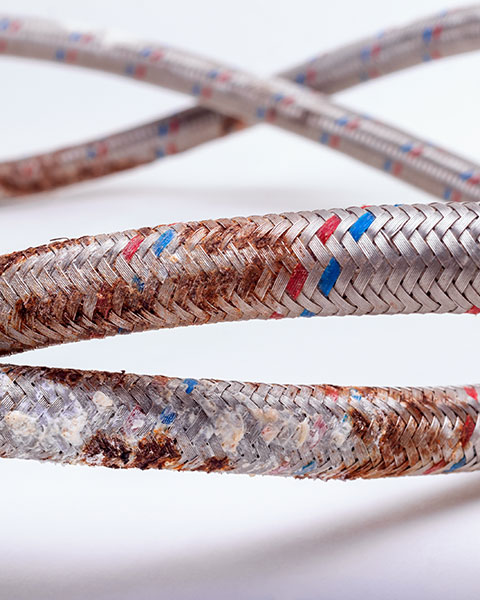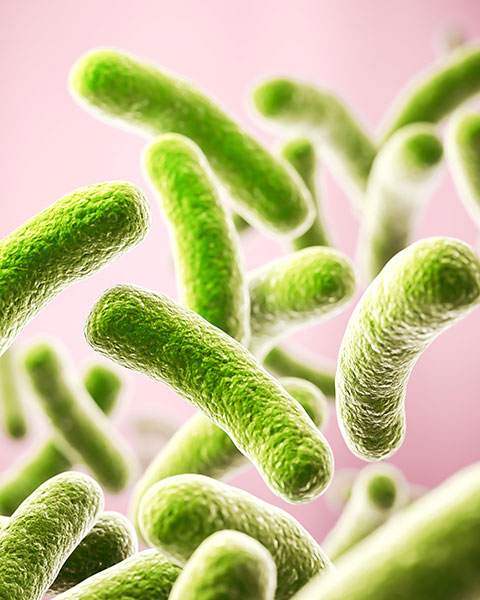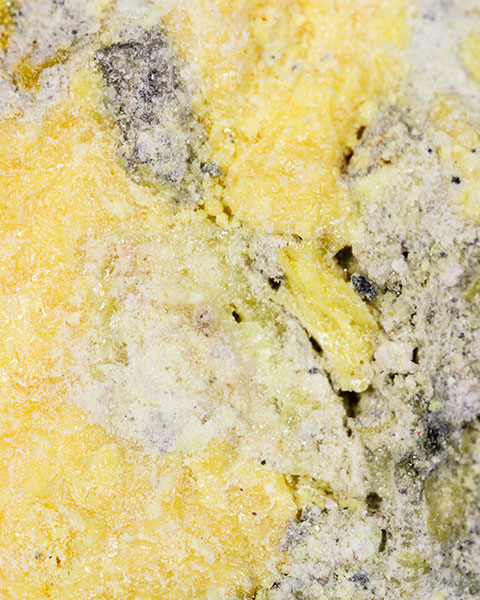Water Treatment Systems
SpringSoft Systems have over 25 years of experience in water treatment and can offer advice and solutions to any issue you have with your supply of water.
Our solutions range from complex industrial projects to single domestic units & Limescale removal filters. Spring Soft serves all sectors Hospitality, Agricultural & Dairies, Industrial, Commercial and Domestic. Our clients span homeowners to large companies, schools and municipal authorities. Spring Soft ensures a high quality water treatment service providing tailor-made systems to treat your water problems. Our range of products have been designed to treat problems associated with conditions in Ireland and incorporate the most efficient and reliable materials available.
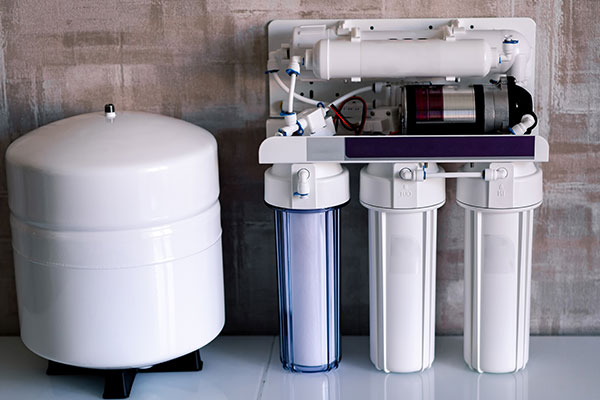
Your Water Treatment System Solutions
If you are on your own well and would like to know how you can find out exactly what’s in your well please see details on how you can get your water tested. If you are on a mains supply you can request the most recent breakdown of what’s in the water supply from your local county council. Most common water treatment problems and symptoms in Ireland. Don’t worry if your concerns or symptoms are not addressed below as they are examples of the most common issues we treat for. If you are concerned with anything else present in your water just give us a call or request a callback. Make sure and tell us what seems to be the problem and we’ll advise you of the best course of action at the best possible price

Limescale
Limescale is the most common water treatment problem found in Irish water supplies. Limescale is the hard, off-white, chalky deposit found in kettles, hot-water boilers and the inside of inadequately maintained hot-water central heating systems. It is also often found as a similar deposit on the inner surface of old pipes. Other than being unsightly and harder to clean, limescale seriously impairs the operation of this equipment and damages their various components.Our Limescale Removal Filters are what you need. Your household contains thousands of euros worth of appliances such as washing machines, kettles, as well as your heating system. This equipment and piping can be worth upwards of €20,000 when you consider the piping, immersion, heating system and each individual appliance. Not only does it damage each item through build-up of limescale, it also reduces their efficiency resulting in higher electricity bills and increased detergent costs.
A simple and cost effective water treatment solution is available. SpringSoft specialise in Limescale Removal Filters and will provide a guaranteed solution specific to your needs.
Symptoms
- White scale in kettles.
- Impaired efficiency and lifespan of appliances e.g. washing machines, dishwashers, electric showers.
- Blocked pipes
- Reduced efficiency of your heating system
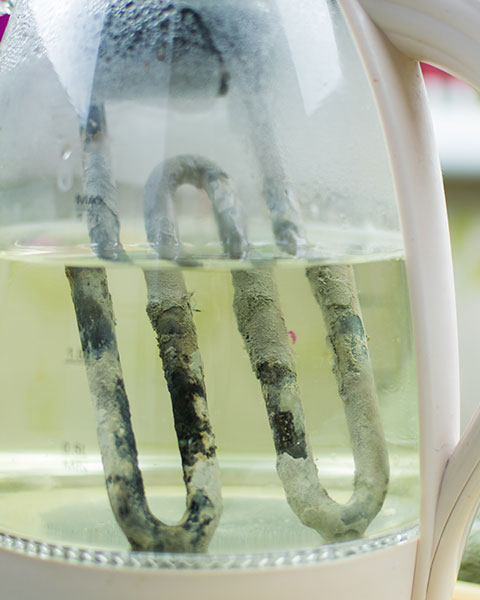
Iron
Iron can be a troublesome chemical in water supplies. Rainwater as it infiltrates the soil and underlying geologic formations dissolves iron, causing it to seep into aquifers that serve as sources of groundwater for wells.
Iron is mainly present in water in two forms: either the soluble ferrous iron or the insoluble ferric iron. Water containing ferrous iron is clear and colourless because the iron is completely dissolved. When exposed to air in the pressure tank or atmosphere, the water turns cloudy and a reddish brown substance begins to form. This sediment is the oxidized or ferric form of iron that will not dissolve in water.
Dissolved ferrous iron gives water a disagreeable metallic taste. When the iron combines with tea, coffee and other beverages, it produces an inky, black appearance and a harsh, unacceptable taste. Vegetables cooked in water containing excessive iron turn dark and look unappealing.
Iron removal is not straightforward however a solution is available and SpringSoft take pride in designing for the effective removal of iron.
Symptoms
- Reddish brown stains on fixtures
- Metallic smell
- Rusty coloured water
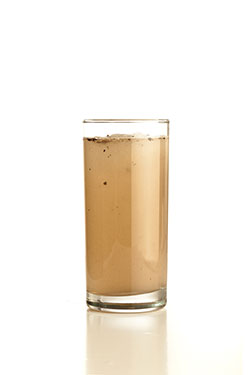
Low PH
Low pH in your water can have health effect as well as cause damage to your plumbing. Acidic water corrodes copper pipes and iron pipes. If you have Greenish-blue, stains they are most likely caused from too much acid in your water.
This is a health issue as well as a potential plumbing disaster as the acid eats through the pipes over time. If you see green staining on your fixtures it is an indication that your copper pipes are corroding and will eventually develop pinhole leaks. It’s best to treat your water just before it enters your home to reduce its natural corrosiveness so you can save your pipes. In general, raising the pH of your well water can reduce copper corrosion.
SpringSoft design PH correction systems and have a wealth of experience in successfully addressing PH imbalances in many water supplies.
Symptoms
- Pin hole leaks in your pipes
- Blue/green stains on your pipes
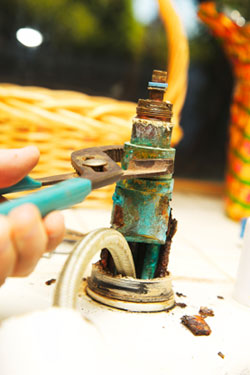
Bacteria
Bacteria are microscopic organisms that are found just about everywhere. Most bacteria are harmless, but certain types can cause disease, sickness or other problems. Wells used for drinking water should be tested for the presence of coliform in addition to other water quality parameters.
Non-disease causing iron bacteria can affect household and irrigation wells. Iron bacteria causes plumbing fittings and laundry to stain and, in severe cases, clogs well screens. Chlorination is the most common method for disinfecting contaminated wells however in many case UV systems are needed.
SpringSoft have successfully treated many wells for bacteria and understand the tricky process involved. Bacteria is a hazard to the health of your family and should not be taken lightly. We would advise anyone who is concerned about bacteria or considering using a new supply/well for water to get a full bacteriological and chemical test.
Get your water tested.
Symptoms
- Bad smell / taste
- Use causing sickness / upset stomachs
- Cryptosporidium
- E-Coli
